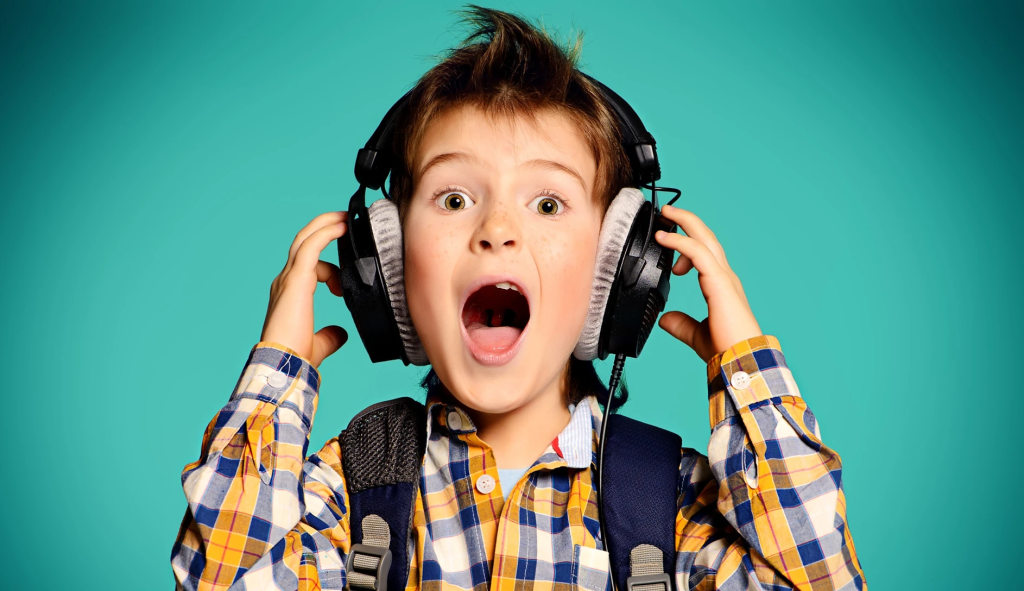 Johansen Individualized Auditory Sound Therapy (JIAS)/ Sound therapy
Johansen Individualized Auditory Sound Therapy (JIAS)/ Sound therapy
Dr. Kjeld Johansen’s pioneering work in sound therapy stands as a testament to the transformative potential of innovative approaches to auditory interventions. His dedication to tailoring interventions to individual needs has opened new doors for those facing auditory challenges, offering hope and improved quality of life through the power of carefully modulated sounds.
As the field of sound therapy continues to evolve, Dr. Johansen’s contributions serve as an inspiration for future developments in the quest to unlock the full potential of auditory interventions.
JIAS, is a home-based Sound Therapy program, which involves listening to specially recorded music for 10 minutes a day. This music is intricately designed to gently influence and organise auditory processing by stimulating nerve pathways within the brain, particularly in areas associated with language. The program targets underlying auditory processing, enhancing the ability to discern and organise sound details.
Scientific studies using various forms of brain scanning have revealed that this stimulation leads to the development of increased connectors in the form of dendrites and synapses. As a result, connections within language centres accelerate, significantly improving the efficiency of language processing.
The positive impact of JIAS extends to concentration and comprehension. With information being processed more rapidly, individuals no longer feel overwhelmed by the volume of information. This heightened processing capacity allows for the simultaneous handling of more information. Additionally, literacy skills, including reading and spelling, often experience improvement as individuals become more adept at analysing the sound structure of words.
JIAS is beneficial for individuals of all ages dealing with a range of speech and language difficulties, whether spoken or written. This includes specific learning difficulties and dyslexia. Children struggling with reading and spelling challenges often find it easier to analyze the sound structure of words through the Johansen Sound Therapy program. When combined with targeted teaching, JIAS has the potential to significantly enhance literacy skills.
When LISTENING is difficult you may notice:
- Misunderstands what is said.
- Hypersensitive to loud noise
- Appears to be easily distractible
- Experiences difficulty understanding in noisy environment
- Appears confused by multiple, lengthy instructions
- Difficulty expressing/explaining information
- Unclear Speech
- Difficulty discriminating between very similar sounding letters affecting reading and spelling
- Difficulty filtering out background noise affecting attention and concentration in classroom setting
- Social and communication difficulties
Sound therapy, through JIAS, has been observed to contribute to improvements in various aspects, including:
- Listening
- Attention
- Concentration
- Understanding
- Learning
- Reading
- Spelling
- Social Skills
THE THERAPY SESSION:
Your child will undergo a series of listening sessions at home, during which they listen to the customised music or sounds through headphones. These sessions are typically short, lasting about 10-15 minutes, and are conducted daily, preferably before bedtime when your child is more relaxed and not interrupted by daytime activities. Choose a quiet room for optimal focus. Some children may prefer listening in bed.
Reviews are carried out every 6 to 8 weeks depending on age, when progress is discussed and a new listening audiogram is taken (if appropriate). New music will be made, again customised to your child’s individual needs. The programme usually lasts around 8 to 12 months. Younger children or those unable to cooperate with a full assessment will be given music appropriate to their needs.
Addressing Attention Concerns:
- If attention poses a challenge, engaging in activities like colouring, playing peacefully with Lego, solving simple puzzles, or using plasticine can enhance the listening experience.
- To see how we can help you please contact me.
MASTERING EFFECTIVE LISTENING
Despite possessing normal hearing, a child’s capacity to listen and process auditory information may be disrupted for various reasons, including:
- Inconsistent early hearing due to ear infections or Glue Ear
- Poor attention
- Delayed language development
- Inherited differences in learning, such as Dyslexia
When listening proves challenging, inefficient, or inconsistent, it can impact the development of crucial skills, including:
- Attention and concentration
- Comprehension of spoken language
- Articulate speech
- Social communication
- Recognition of letter sounds for reading and spelling
- Confidence and self-esteem





